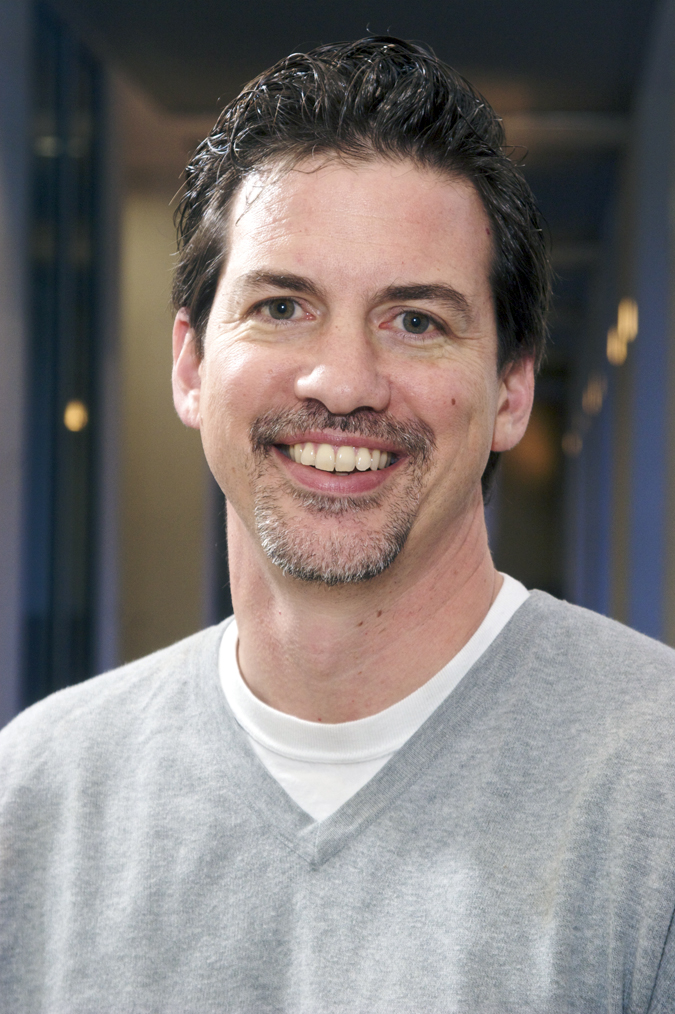
UCSB Communication Course Studies Effects of Chronic Uncertainty on Undocumented Immigrants
Moments of uncertainty creep into everyone's lives at one time or another, but for some people –– or groups of people –– those moments are a way of life rather than a passing circumstance. At UC Santa Barbara, a senior capstone course taught by Walid Afifi, professor of communication, has examined the impact of chronic uncertainty on the wellbeing of one particular group –– undocumented immigrants in the Santa Barbara area.
For the 15 students enrolled in the course, it's hardly the traditional classroom experience. Their primary assignment was to lead a series of focus groups, in which participants discussed the challenge of going about their daily lives while the very real threat of deportation hangs over their heads. As part of the course –– but separate from the focus groups –– the students also participated in events designed to serve the undocumented community in Santa Barbara County.
The course involved collaboration with IDEAS, the UCSB student organization that serves undocumented immigrants, and La Casa de la Raza, the Santa Barbara organization that serves the local Latina/o community.
"I thought the course would be a great learning experience for the students," said Afifi. "They led the focus groups, and the vast majority of their grade is based on their analysis of the information developed in the groups." The students met with a total of 23 participants, ranging in age from 19 to 83. Of the five groups, four covered particular cross-sections of the community –– day laborers, students, parents, and individuals who at some point had been detained by U.S. Immigration and Customs Enforcement. The fifth group was a combination of individuals with various experiences.
It was an eye-opening experience for everyone involved. "It has dispelled a lot of myths," Afifi continued. "One of the things everyone has gained is an appreciation for the experience of the community. We all came into this with certain myths –– some more than others –– and learned how much of what we think we know about this community is absolutely false."
For student Mackensie Minniear, the course brought a newfound respect for the resilience demonstrated by the undocumented immigrant community. "Many of the people we talked to had faced unimaginable hardships, things that would have knocked me down in a second," she said. "However, they remain optimistic and hopeful for the future, unwilling to stop until they reach what they want."
While separating fact from fiction is necessary to understand the lives of the people in this community, that wasn't the primary goal of the course; its main purpose was to examine the means by which members of this particular community deal with the challenges of chronic uncertainty. However, in their final papers, students are asked to make recommendations about different kinds of assistance that can be provided.
"One thing that has come up consistently is the driver's license issue," Afifi said. "If you can separate legality from having a driver's license, that would be dramatic. A lot of their uncertainty revolves around driving. They have a lot of fears about being stopped for a minor traffic stop and being detained or deported because the lack of a driver's license identifies them as undocumented."
Generally, though, Afifi emphasized that the course left the question of legality and related immigration policies to others. "Political, moral, economic, and ethical dimensions related to the existing immigration policy are all important to understanding the undocumented immigrant community, but I decided to leave most of those dimensions out of the class," he said. "Instead, I wanted us to focus on the lived experiences of a community that is very much misunderstood, that is intricately connected to the fabric of our larger communities, and that, ultimately, struggles with many of the difficulties –– and shares many of the hopes –– that we all have."
Leading a course that so thoroughly pursued learning through a mix of scholarly sources and community engagement, he continued, opened the eyes of the students, community members, and Afifi himself to the promise of such collaborative efforts for positive community change.



